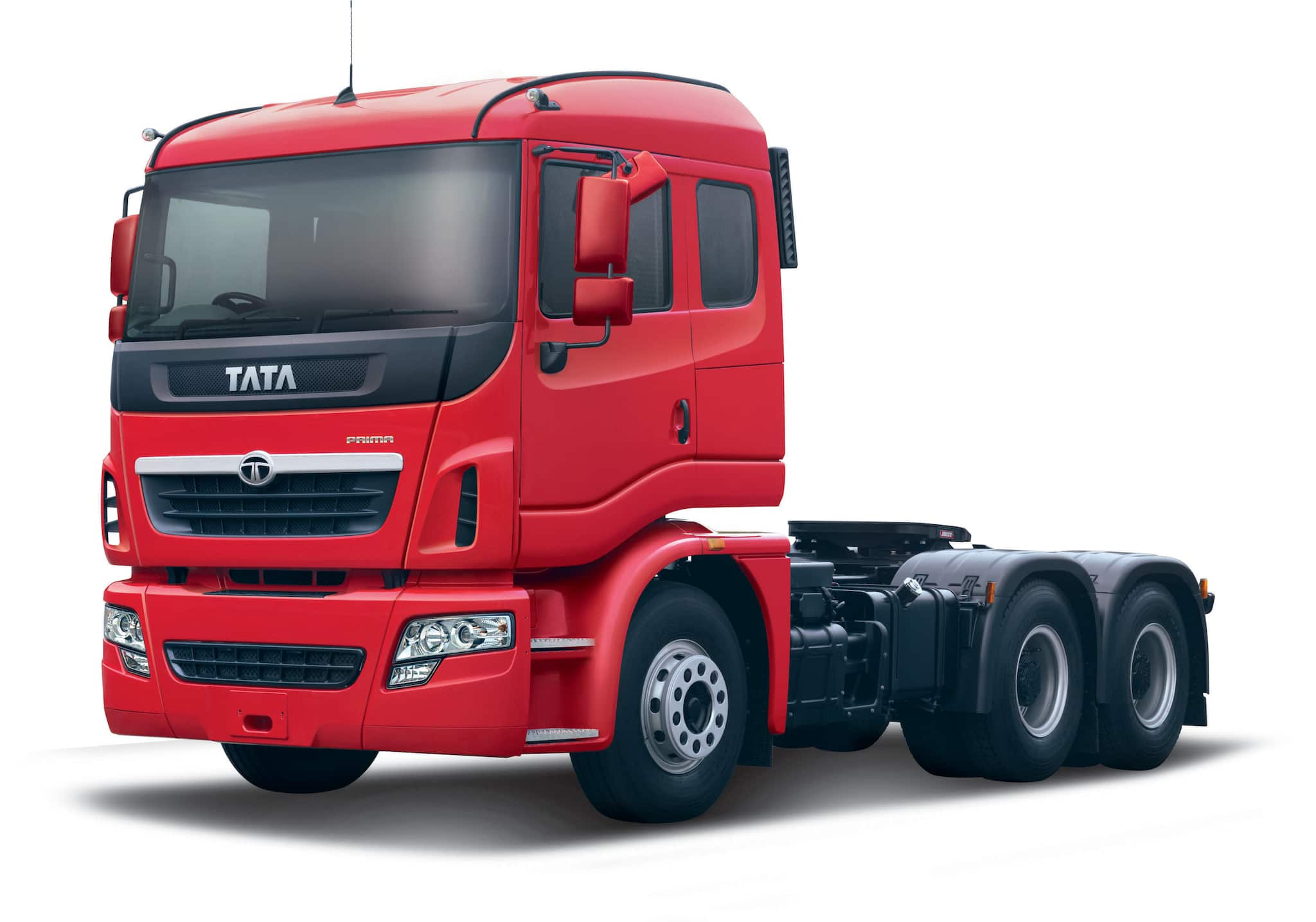



The sudden exit of Ravindra Pisharody as head of commercial vehicles from Tata Motors has raised a few eye brows as the news comes in middle of the restructuring exercise undertaken by the company.
This is the first in nearly six years that an executive director of Tata Motors resigned abruptly especially when his tenure was extended only a few months ago.
The last such exit was in 2011 when the company’s group chief executive officer and managing director Carl-Peter Forster suddenly resigned from his executive position.
Pisharody - who was appointed on the board in 2012 (five years after being inducted into the company) - got his term renewed 11 months ago for a period of little more than four years ending November 2020.
Pisharody, who spent nearly 10 years with Tata Motors, was fighting on two fronts, competition and the cyclical slowdown.
From a high of 58 percent market share seven years ago, Tata Motors’ domestic CV share slumped to 43 percent last year, according to the SIAM data. New entrants like Daimler, Scania, Volvo, MAN and traditional rivals like Mahindra & Mahindra and Eicher have closed in on Tata Motors market share.
Demonetisation and the Supreme Court verdict banning BS-III vehicles—within a space of five months—were twin blows to the auto sector in general. However, Tata Motors was the worst affected by the SC ruling, with 15,000 trucks and buses rendered useless.

Falling market share spooked investors and analysts, which did not go down well with the company’s top brass. At a recent press event, when the company made public its financial performance of last year, managing director Guenter Butschek did not hold back his displeasure. Butschek singled out the CV division to highlight an instance where a two-week long logjam could have been averted with proper planning.
“Last year we had a huge impact for a couple of weeks in terms of production. Because of a supplier issue, we had to relocate a significant number of trucks worth of tooling load in order to reestablish production and to relaunch production on our site. Had we acted in advance, anticipate these kind of issues, it would not have become an issue”, said Butschek.
In the last few years not only did Tata Motors fail to maintain its market share, but product planning was not very quick either. "Pick-ups, for instance, have been growing very well. Tata Motors did nothing to tap into that growth for a long times," said an executive from a rival manufacturer.

While the passenger vehicle business has been languishing for last several years, drop in the commercial vehicle business in a comparatively short period would have hurt Tata Motors more dearly as nearly 80 percent of the company’s stand-alone revenue is generated by sale of trucks and buses.
Despite several new launches, Tata Motors reported a staggering Rs 2,480 crore loss in stand-alone operations (without Jaguar Land Rover and other subsidiaries) last year while its 2015-16 loss stood at Rs 62 crore.
“With the loss of volumes, we lost the market share. This is possibly one of the biggest misses of all. So if you ask us if we're happy and satisfied with our overall market performance, I think, at least this year we're not happy with it because we really would've appreciated to be in the market with the new product, with the upgrades of some products on time in order to really serve the opportunities available in the market in PV as well as in CV”, said Butschek.

Under Pisharody, Tata Motors ventured into new emerging areas such as Fuel Cell, LNG, Hybrid and Electric drivetrain. He laid emphasis on improving service network and forming driver centric programs. Tata Motor also set up one of world’s biggest bus plants in India with help from Spain’s Marcopolo.
A few years ago Pisharody was in the eye of the storm when his board-approved pay package was rejected by the shareholders for it was in excess of the prescribed limits. The law mandates shareholder approval if the total amount to be paid by a company to its whole-time directors exceeds five per cent of its net income. Tata Motors to seek stakeholders' approval for the remuneration because of "inadequacy of profits".
Achievements
> Spearheaded the foray into alternate fuel: Fuel Cell, LNG, Hybrid and Electric.
> Revamped the service network: driver centric programs
> Played a key role in setting up the Tata Motors-Marcopolo bus joint venture in Dharwad
> Launched the Tata Prima truck, India's answer to heavy duty Volvos
Misses
> Delay in new launches
> Delay in adapting to changing customer requirements (Pick-ups)
> Failure in anticipating consumer shift in preference (Small commercial vehicles)
> Failure to narrow down loss in market share.

Discover the latest Business News, Sensex, and Nifty updates. Obtain Personal Finance insights, tax queries, and expert opinions on Moneycontrol or download the Moneycontrol App to stay updated!
Find the best of Al News in one place, specially curated for you every weekend.
Stay on top of the latest tech trends and biggest startup news.